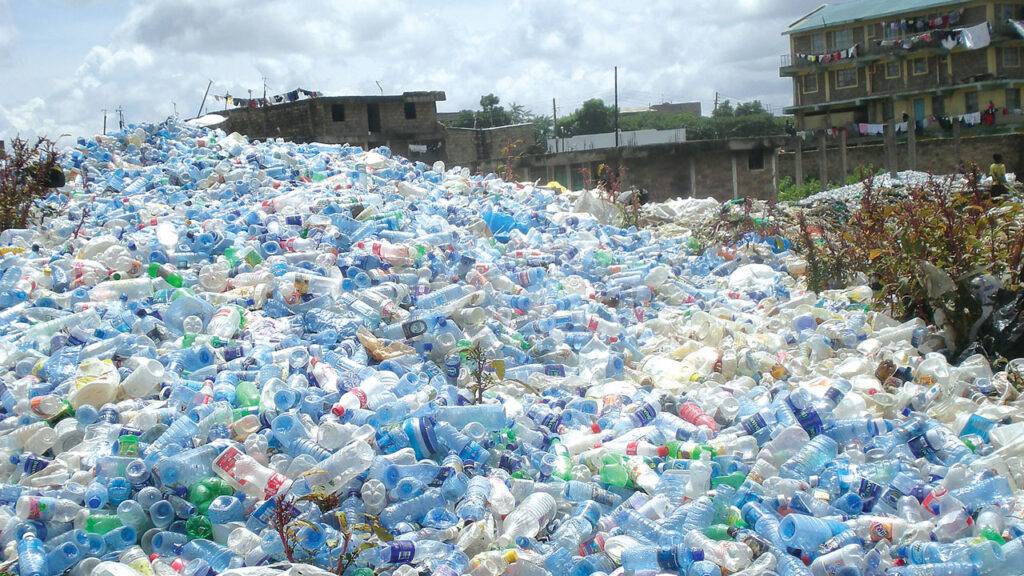Nigeria has taken another bold stride toward sustainable environmental innovation with the successful demonstration of a plastic waste-to-diesel conversion technology, organized by Premium Blue Economy Innovations and Investments Limited in collaboration with the Federal Ministry of Environment.Held in Abuja, the event marked a pivotal moment in the country’s journey toward a circular and regenerative economy, aligning with the global Blue Economy agenda that promotes responsible resource use, clean energy, and sustainable industrial growth.The Blue Economy is a fast-rising global development model that merges economic growth with environmental stewardship, emphasising the sustainable use of ocean, water, and environmental resources.In Nigeria, it extends beyond marine resources to include waste-to-energy innovation, climate adaptation, and eco-industrial systems, areas that Premium Blue Economy Innovations and Investments Limited is leading with purpose and foresight.The company was co-founded by two visionary Nigerian entrepreneurs, Gegele Yahya Olushola and Fife Banks, who were inspired by the sustainability principles championed by Professor Gunter Pauli, a Belgian economist and the founder of the Blue Economy concept.Today, that idea has evolved into one of Nigeria’s most innovative sustainability ventures, bringing together scientists, engineers, economists, and strategists to transform plastic pollution into a profitable, clean energy resource.During the demonstration, co-founder and CEO Mr. Gegele Yahya Olushola walked participants through the pyrolysis-based conversion process that transforms non-PET plastics such as polyethylene, polystyrene,and polypropylene into ultra-low sulphur diesel.The process also generates synthetic gas, which powers the plant, and char residue, which can be used in battery manufacturing and soil enrichment.“We focus on the plastics that most recyclers ignore—nylon bags, packaging materials, broken furniture, and household plastics,” Olushola explained. “These are the plastics that often end up in landfills, drainages, and oceans. Through this innovation, we turn them into usable diesel, clean gas, and industrial-grade carbon material. This is not just recycling; it’s reindustrialisation.”He noted that the demonstration was designed to showcase full circularity, transforming waste into clean fuel that could be directly used for transport.
The highlight of the event was a vehicle powered by the locally produced diesel that reportedly drove from Lagos to Abuja, proving the technology’s real-world viability.Co-founder and Chief Operating Officer Mr. Fife Banks described the project as “a model of African ingenuity meeting global sustainabilitystandards.”He emphasised the company’s mission to not only provide environmental solutions but also create jobs, attract investment, and strengthen Nigeria’s energy independence.


